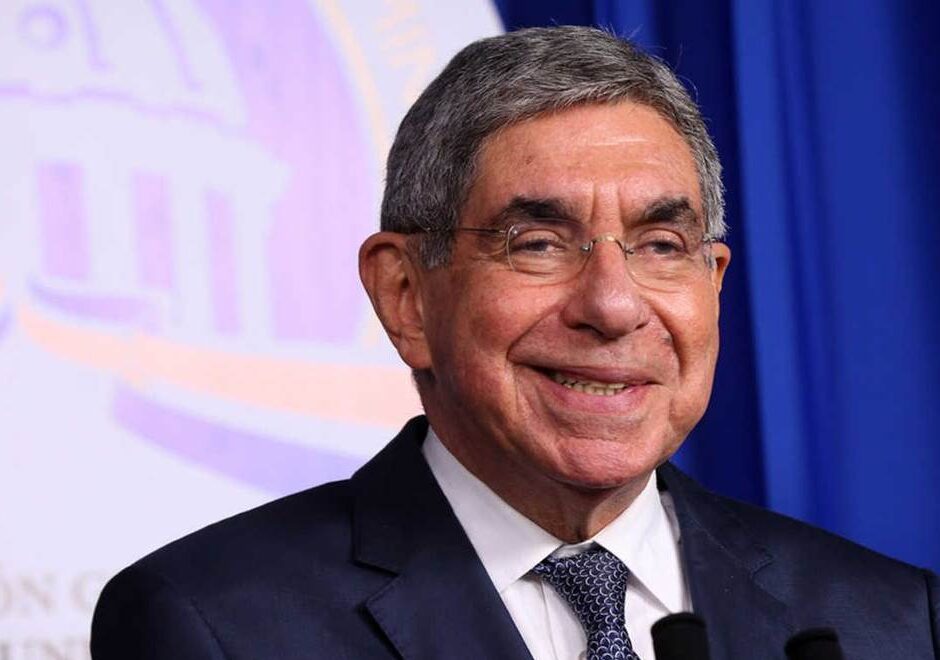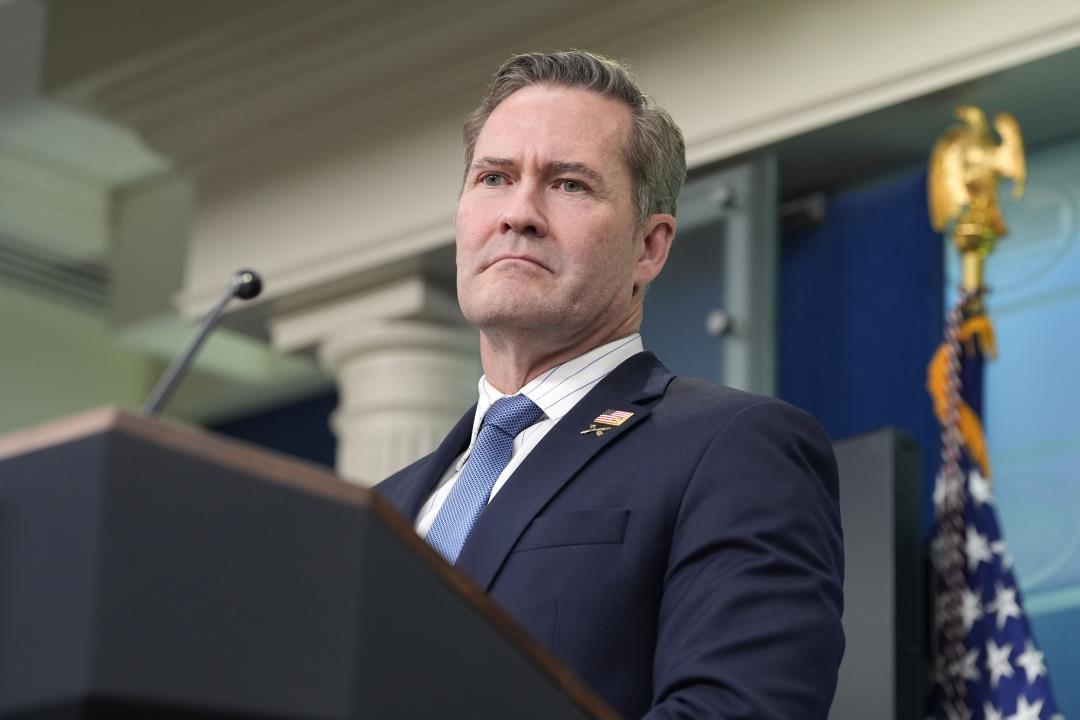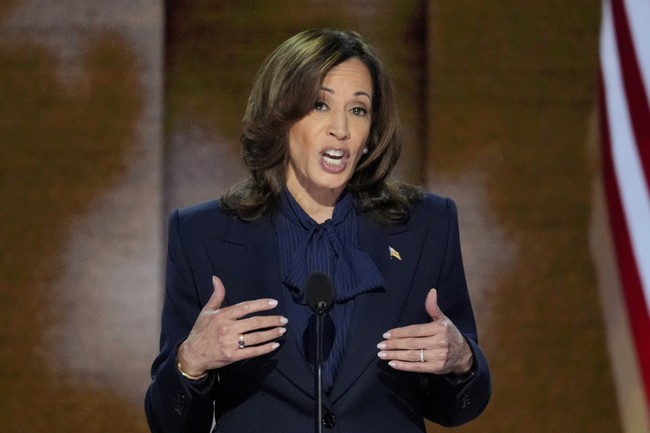Dearica Hamby's Lawsuit Raises Concerns Over Pregnancy Discrimination
The federal lawsuit filed by WNBA star Dearica Hamby against the Las Vegas Aces and the league is shedding light on significant issues concerning workplace discrimination due to pregnancy.
Published August 14, 2024 - 00:08am

Image recovered from ocregister.com
Las Vegas Sparks All-Star Dearica Hamby recently sued the WNBA and her former team, the Las Vegas Aces, over alleged discriminatory treatment during her pregnancy. This lawsuit, filed in federal court, has brought to the forefront contentious issues surrounding athlete rights, discrimination, and workplace fairness within professional sports.
The lawsuit stems from Hamby's treatment following her announcement of her second pregnancy in the fall of 2022. Hamby alleges that the Aces began to treat her differently, eventually leading to her trade to the Sparks in January 2023. Her claims also involve the WNBA's alleged failure to adequately investigate her allegations against the team, resulting in what she considers insufficient punitive measures against the Aces.
The Aces, a team that Hamby had diligently served since 2015, were initially based in San Antonio, and she had been a significant player in their journey to the 2022 WNBA championship. However, Hamby's lawsuit articulates that her relationship with the team soured after she disclosed her pregnancy in August 2022. Promised benefits, including team-provided housing and her child's tuition fees, were purportedly revoked, and she was subjected to bullying and false accusations. Hamby recalls Coach Becky Hammon questioning her commitment to the team, leading up to their eventual trade announcement just a few months later in January 2023.
In response, the WNBA conducted an investigation involving 33 interviews and reviewed various communications. They concluded that Coach Hammon had violated league policies and subsequently handed down a two-game suspension and a draft penalty. However, Hamby's legal team argues that these measures were insufficient. Citing federal protections against workplace discrimination for pregnant women, Hamby emphasizes that the repercussions were merely a “tap on the wrist.”
Hamby's contractors, Dana Sniegocki, Erin Norgaard, and Artur Davis, highlight that her case underpins a broader issue within professional sports—pregnancy discrimination. Though the WNBA took some steps to address the issues, the league did not take “clear-cut” corrective actions to safeguard Hamby's rights, leaving many to question whether enough is being done to protect pregnant athletes.
The situation has also caught the attention of employment equity advocates and sports analysts, sparking a dialogue about the treatment of women in sports and their rights during pregnancy. Hamby is seeking economic losses, compensatory and punitive damages, and attorney's fees through her lawsuit. Moreover, this case has ignited discussions about the WNBA's policies and their implementation.
Furthermore, Hamby's lawsuit revealed further allegations against the Aces, including the team's attempt to wrongfully obtain her medical records and their exclusion of her from a White House invitation celebrating their championship win. The revelations have added fire to the already contentious debate surrounding the Aces' and WNBA's handling of the matter.
From Hamby's perspective, her experiences underscore a severance between promised conduct and actual treatment. The disconnect between the policies announced at victory parades and applied punishments translates broadly to messages sent to prospective and current athletes in the league.
Through this high-profile case, the WNBA stands at a crossroads regarding its approach to gender equality and workplace protections. Hamby's legal action represents a focal point for systemic change, offering opportunities for the league to reassess and enhance its commitment to supporting female athletes, particularly those facing the challenges of balancing professional careers with motherhood.
In conclusion, Dearica Hamby's lawsuit against the Las Vegas Aces and the WNBA will likely influence not just the world of professional basketball but also the wider sports community. Beyond the specific case of Hamby's persecution claims, the lawsuit raises critical questions about how professional organizations treat their athletes and ensure a genuinely nondiscriminatory workplace. The outcome of this legal battle could well resonate across other sports institutions, encouraging a reexamination of existing policies and practices to ensure fairness and equity for all athletes.






